We all live in a world that is constantly evolving and is becoming more comfortable every day. For example, even ten years ago, a transaction from one country to another could take several days or even weeks. But in 2009, Bitcoin appeared, which made it possible to conduct a transaction safely, transparently, and anonymously in a short time.
The first cryptocurrency used Blockchain technology (blocks of distributed ledgers). Interestingly, a similar principle is used today by almost all popular cryptocurrencies. And most importantly, Blockchain can be used not only in the financial segment to make our life more convenient. Because it can be applied in a wide variety of areas.
Identity Verification
Correct identification of a person and maintenance of personal and other databases are important tools for the quality functioning of society. But processing such volumes of information is really problematic in our realities. Passports, driver’s licenses, and other data, popular in many states, are falsified. Many cards cannot be verified outside a government agency, since the mandatory presence of the owner is required. A competent combination of modern technologies and the Blockchain principle allows you to create a kind of “virtual” ID card. This reduces the need for a mandatory human presence. Moreover, the user can remotely conclude deals and sign contracts.
Today there are already several ambitious projects in this area. For example, IBM is developing a special project to obtain a unique key for each owner to a personal database. This allows you to quickly check important information, verify your identity and perform other actions. In addition, with the advent of modern technology, many other areas are becoming faster, easier, and more convenient.
Media and Entertainment
With blockchain, publishers through their websites can provide readers with the option to pay only for articles or pages of periodicals using microtransactions instead of regular monthly subscriptions.
Notary Sphere
Using the blockchain will allow you to create immutable records that cannot be falsified and will give you the ability to track all notarial documents. The program will verify their authenticity, ensure the security of transactions, reduce the cost of notarization and guarantee confidentiality.
Automated Security
The combination of smart contracts and electronic IoT blockers will create automated security systems. For example, storing the code on the blockchain will allow only the owner or family members to access the house or vehicles. The system will be able to guarantee absolute security without having to carry keys.
Renting out Real Estate
The previous system can be used in conjunction with a smart rental contract. Let’s say you own an apartment and want to rent it out. To do this, you can develop a smart contract in which you set the rent for a specific time and save it in the registry. And when the tenant pays with a transaction recorded on the blockchain, a smart contract will be executed that grants the tenant access to the premises for a specified period.
DDoS Protection
Yes, this problem is still present and is extremely urgent. According to statistics, DDOS attacks are becoming more complex and lengthier. ICO sites are especially at risk. For example, an attack on a similar resource was recently recorded, which lasted almost 10 days.
This problem can be solved using Blockchain technology. Gladius has begun development in this area. There is no main server here that could be subject to such attacks. A peer-to-peer decentralized network allows customers to monetize the unused bandwidth of their internet networks by integrating them into a CDN (Content Delivery Network). Thanks to this feature, the network will repel DDoS attacks, and clients gain access to secure protection pools.
Conclusion
Indeed, Blockchain has huge functionality and can be used in many areas of our life. For example, even when obtaining rights to real estate and a car. Moreover, the technology allows for quick micro-transactions and micro-transactions, which have a positive effect on the economy and improve the liquidity of funds.
The blockchain will allow you to track energy reserves at stations and gas stations and optimize the supply process in the regions. In addition, with smart sensors, you can significantly increase the level of control and prevent theft.
Also, Blockchain can be used in the fields of tourism, real estate, energy, automotive, industry, etc. The prospects here are truly grandiose, and it is difficult to overestimate them. As you can see, blockchain has many applications, and these are just small examples that have already begun to be implemented or are planned for the near future. Blockchain will give us even more opportunities and expand the boundaries in trade, services, automation, transferring control to people, and not to central authorities.

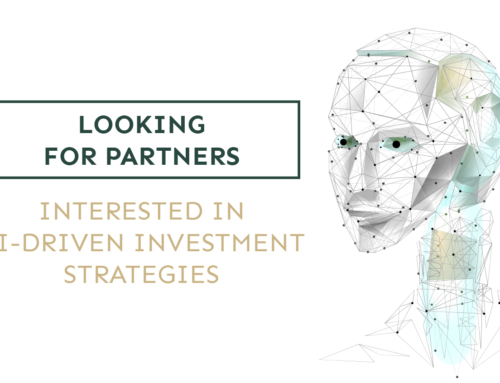
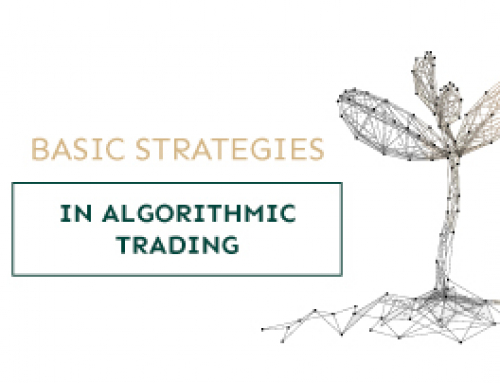
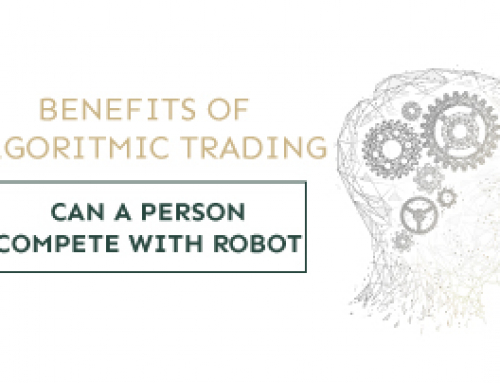
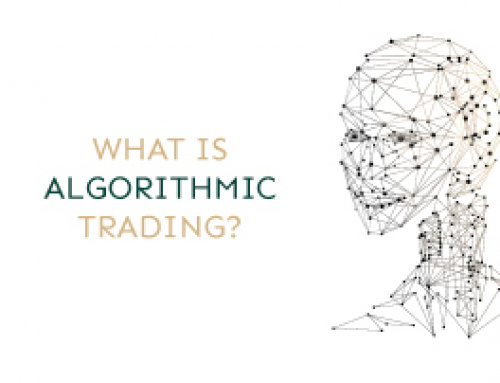
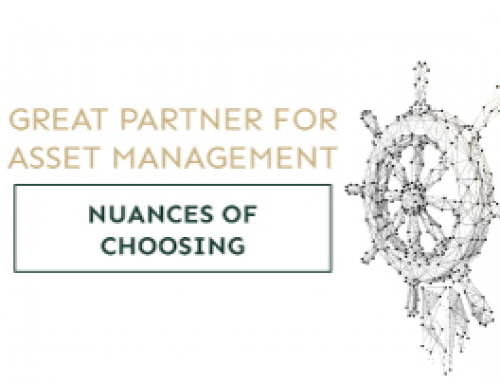
Leave A Comment